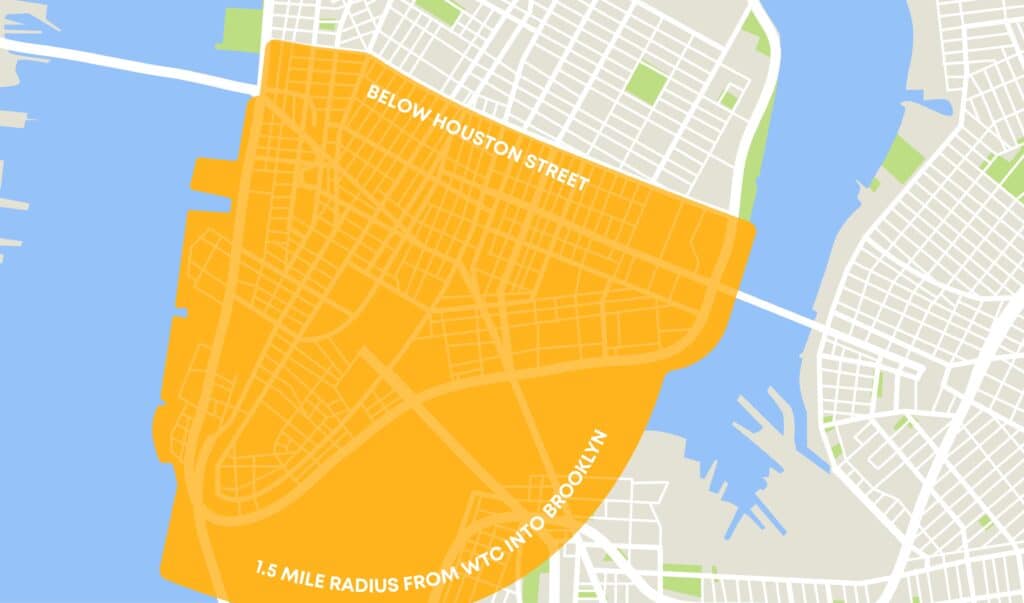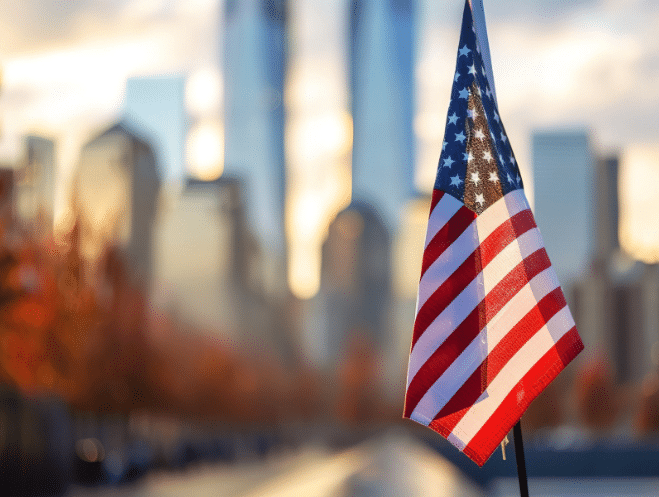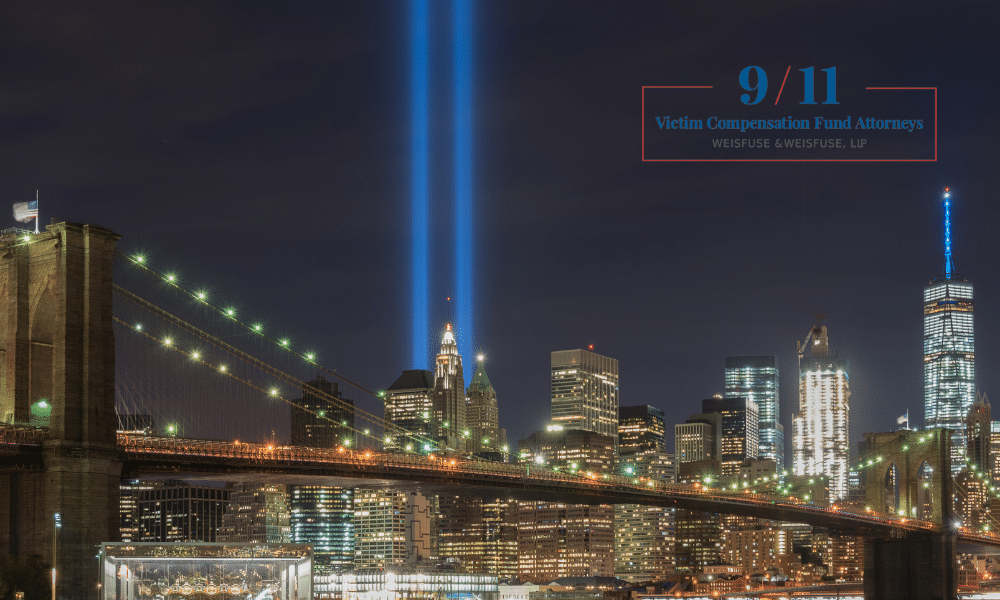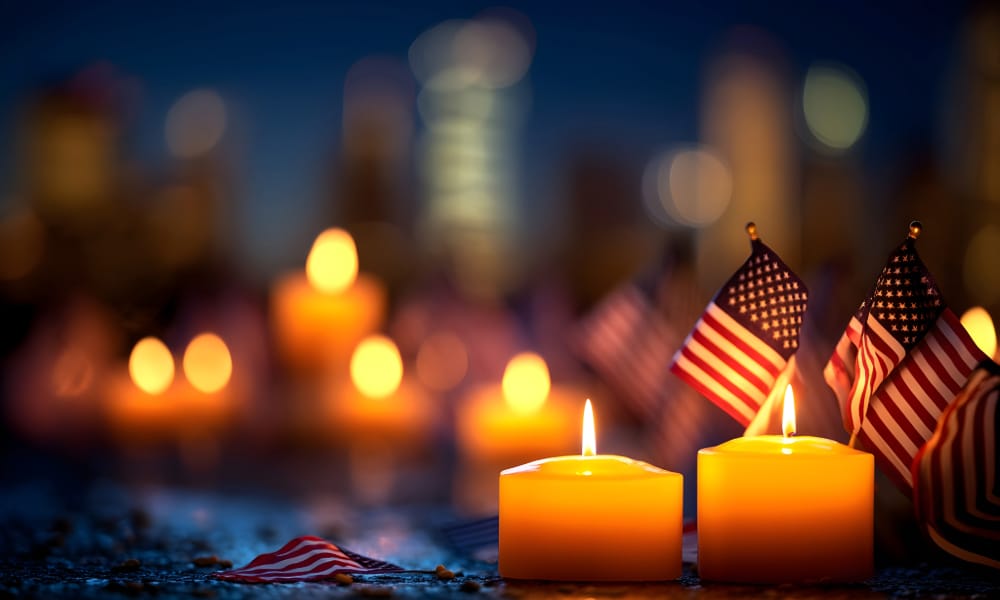
Some 9/11-related health conditions are more time-sensitive than others when it comes to certification by the World Trade Center Health Program (WTCHP) and eligibility for compensation from the September 11th Victim Compensation Fund (VCF).
In particular, many aerodigestive disorders—such as asthma, chronic sinusitis, and gastroesophageal reflux disease (GERD)—are generally subject to a “maximum time interval” of five years between a person’s last exposure to 9/11-related toxins and the onset of symptoms or diagnosis. An early diagnosis is, therefore, essential, if possible.
However, this time-interval rule is not absolute. The WTCHP and VCF may still recognize and certify conditions that develop after five years if supported by credible medical evidence showing a connection to 9/11 exposure. As a result, individuals who experience breathing or digestive conditions later in life may still qualify for free medical treatment through the WTCHP and financial compensation through the VCF.
9/11-related aerodigestive disorders
Aerodigestive disorders are among the most common conditions associated with exposure to the toxic dust, debris, and fumes for 9/11 responders and survivors. Materials such as pulverized concrete, glass, asbestos, lead, and other hazardous substances were inhaled en masse by those assisting in the cleanup effort or simply returning to work, live or study in NYC.
Aerodigestive conditions usually affect the upper airways and the esophagus, i.e., the respiratory and digestive systems.
Certified 9/11-related aerodigestive disorders with maximum time intervals
Many aerodigestive orders certified by the World Trade Center Health Program (WTCHP) as 9/11-related have been categorized and given maximum time intervals, so that those suffering from such conditions understand the timeframes in which they must get a diagnosis and become certified.
However, the WTCHP recognizes that some conditions, like COPD and interstitial lung disease (ILDs), can be dormant and only produce symptoms later in life. These conditions have no maximum time intervals assigned by the WTCHP.
The WTCHP classifications for aerodigestive conditions are detailed below:
- Category I: WTC-exacerbated and new-onset Chronic Obstructive Pulmonary Disease (COPD): No maximum time interval.
- Category II: Other Obstructive airway diseases (OADs), including chronic respiratory disorder, asthma, reactive airways dysfunction syndrome (RADS), and chronic cough syndrome: The maximum time interval is five years.
- Category III: Upper respiratory diseases (URDs), including upper airway hyperreactivity, chronic rhinosinusitis, chronic nasopharyngitis, and chronic laryngitis: The maximum time interval is five years.
- Category IV: All types of interstitial lung disease (ILDs): No maximum time interval.
- Category V: Co-occurring Gastroesophageal reflux disease (GERD) (GERD co-occurring with an aerodigestive disorder in Category I, II, III, or IV): The maximum time interval is five years.
- Category VI: Isolated GERD (GERD not co-occurring with an aerodigestive disorder in Categories I, II, III, or IV). The maximum time interval is one year.
If an individual can show evidence of highly unique exposure circumstances, the standard timeframes may not apply. A 9/11 attorney can help survivors and responders gather documentation to bolster claims, even if the maximum time interval is exceeded for their aerodigestive disorder. Certification requests are considered according to the specific evidence provided, which increases the importance of getting reliable legal assistance and submitting “watertight” applications.
Evidence of exposure to the toxic dust cloud during the eligible dates, plus medical evidence documenting when a victim first experienced symptoms, is critical for certification with the WTCHP and, subsequently, claiming compensation with the VCF.
It should be noted that for pre-existing aerodigestive health conditions that have been aggravated by 9/11-related toxic exposures, the WTCHP evaluates each request based on the circumstances (there is no minimum time interval).
Importance of continued cancer screenings for 9/11 victims
The major benefit of enrolling with the WTCHP is free medical screening, monitoring, and treatment for 9/11-related health conditions. This includes cancer screenings, which are particularly important for responders and survivors because many cancers are slow to develop but have a high prevalence among those exposed to the toxic dust cloud.
9/11 cancers can develop later in life
Almost 36,000 living WTCHP members have at least one cancer certification under the program, while 2,925 members with cancer are deceased.
The WTCHP provides free screening, monitoring, and treatment for 68 types of cancer, including colon cancer, prostate cancer, skin cancer, breast cancer, lung cancer, liver cancer, mesothelioma, and other respiratory cancers.
Because of long latency periods, many cancers develop later in life, even decades after exposure to toxic carcinogens. This is particularly relevant for survivors and responders from the 9/11 attacks and is recognized by the September 11th Victim Compensation Fund, which accepts claims for compensation until October 1, 2090.
Cancer screenings available through WTCHP
Cancer screenings from the WTCHP are tailored to the types of cancers caused by exposure to the 9/11 dust cloud. Undergoing regular screening can increase the chance of early detection and treatment, potentially improving the outcome for responders and survivors.
Contrary to what some 9/11 survivors believe, there is no need to wait until symptoms develop before approaching the WTCHP. Even responders and survivors who are in good health should enroll to receive screening for potential cancers—at the very least, it will provide peace of mind and protection. Enrollment will also increase the chances of early diagnosis dates for other 9/11 disorders.
Get help with World Trade Center Health Program enrollment
To register with the WTCHP, victims must gather and submit documentation providing proof of presence in the exposure zone between the eligible dates, as well as personal identification and medical documentation for anybody already diagnosed with a condition.
This is easier with the help of a 9/11 victims’ attorney, who will help navigate the registration process. Remember, once registered with the WTCHP, victims are entitled to:
- Free medical and mental health care, cancer screening, and monitoring for other conditions.
- Financial compensation through the VCF to cover reimbursement for lost income/benefits, out-of-pocket medical expenses, and pain and suffering.
To discuss your situation and learn more about how we may be able to help you, please call Weisfuse & Weisfuse, LLP at 212-983-3000 or contact us online to schedule a free consultation.
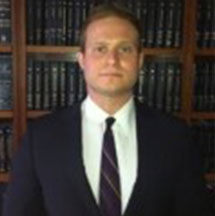
About Jason Weisfuse –
9/11 Victim Compensation Fund Attorney
About Jason Weisfuse –
9/11 Victim Compensation Fund Attorney
Jason E. Weisfuse is a seasoned 9/11 cancer attorney and managing partner at Weisfuse & Weisfuse, LLP, a New York City-based law firm dedicated to representing individuals affected by the September 11th attacks. Since the establishment of the September 11th Victim Compensation Fund (VCF), Jason has been instrumental in assisting first responders, survivors, and families in securing the compensation and medical benefits they deserve.
With a Juris Doctor from New York Law School (2009), Jason brings extensive experience regarding the 9/11 Victim Compensation Fund to his practice. His deep understanding of the VCF and the World Trade Center Health Program (WTCHP) has enabled him to navigate complex claims processes effectively, resulting in substantial awards for his clients.
Jason’s commitment to the victims in the 9/11 community is evident through his active involvement in professional organizations such as the New York State Trial Lawyers Association and the American Association for Justice. He has also contributed to legal discourse with publications in the New York Law Journal, reflecting his dedication to legal excellence and advocacy.
At Weisfuse & Weisfuse, LLP, Jason continues to provide compassionate and knowledgeable representation, ensuring that those affected by 9/11 receive the support and compensation they are entitled to.


